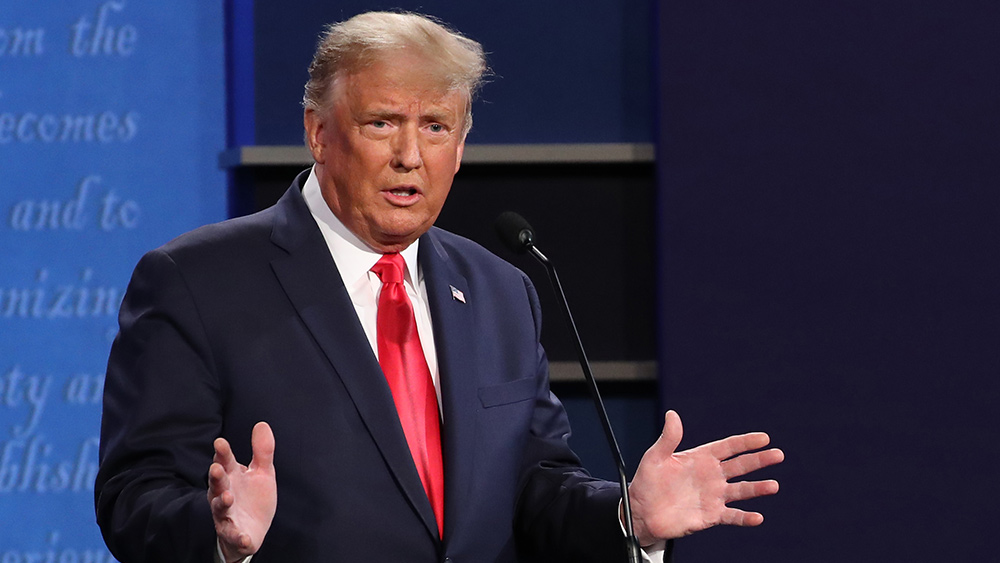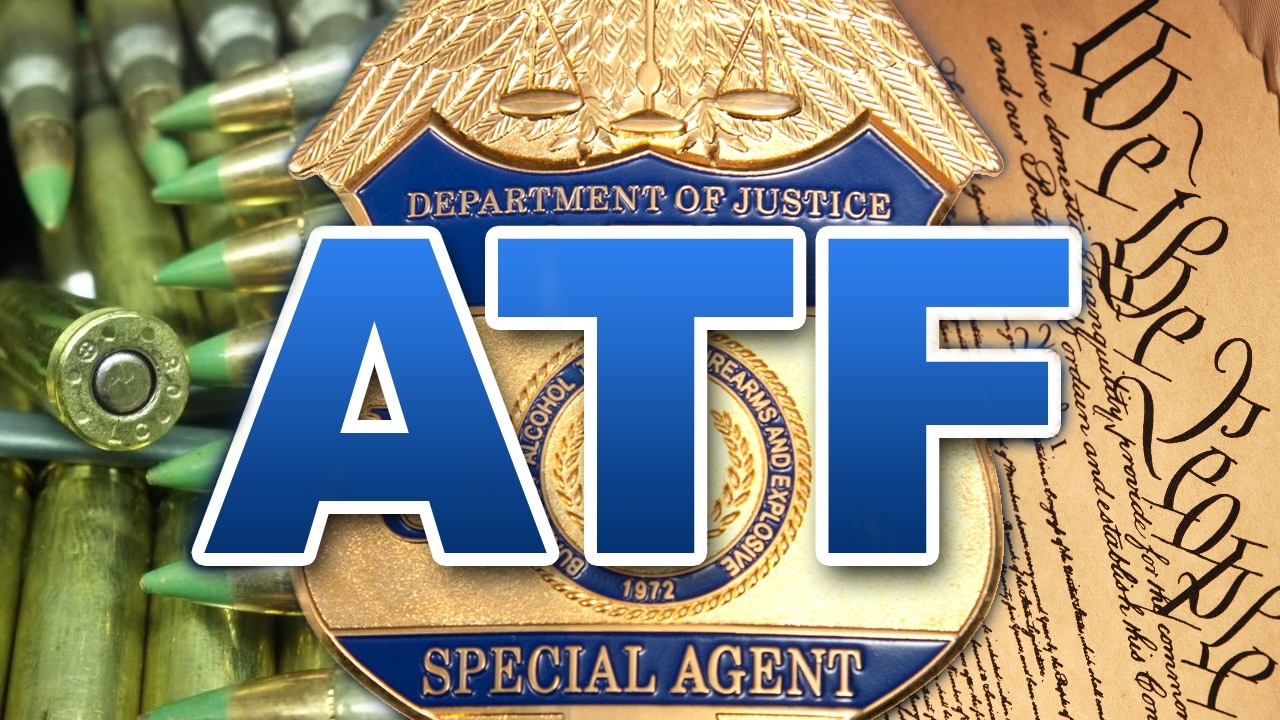SCOTUS greenlights SEC v. Jarkesy hearing to reinstate SEVENTH AMENDMENT right to a jury trial
08/15/2023 / By Belle Carter

On June 30 the Supreme Court of the United States agreed to hear the Securities and Exchange Commission (SEC) v. Jarkesy, one of the cases that could rein in the federal state. Scheduled on the court’s October 2023-2024 term., the case will restore the jury trial as provided in the Seventh Amendment in the U.S. Constitution, staying away from potentially being presided over solely by judges employed by federal agencies.
The said case was filed in the U.S. District Court for the District of Columbia by George Jarkesy, a hedge fund manager accused by the SEC of overestimating the value of some of his assets and making false claims. But the district court dismissed the case. The regulating agency pursued him through its internal, juryless adjudication process in which an SEC-appointed administrative law judge (ALJ) assessed the sufficiency of the evidence against him. Jarkesy and his advisory firm were ordered to pay $300,000 in civil penalties and to cease and desist from their violations.
The case came on a writ of certiorari to the Court of Appeals for the Fifth Circuit. A divided panel held that the SEC’s ALJs’ two layers of removal protections unconstitutionally insulated them from presidential oversight. Questions presented in the petition are the below:
- Whether statutory provisions that empower the Securities and Exchange Commission (SEC) to initiate and adjudicate administrative enforcement proceedings seeking civil penalties violate the Seventh Amendment.
- Whether statutory provisions that authorize the SEC to choose to enforce the securities laws through an agency adjudication instead of filing a district court action violate the nondelegation doctrine.
- Whether Congress violated Article II by granting for-cause removal protection to administrative law judges in agencies whose heads enjoy for-cause removal protection.
Critics are saying that SEC’s juryless decision is a direct breach of the Seventh Amendment which provides: “In Suits at common law … the right of trial by jury shall be preserved” and “fraud” is a long-recognized common-law crime.
“In proceedings like Jarkesy’s, the government is seemingly exercising authority in a suit of common law, but by conducting the prosecution outside traditional courtrooms, it believes it can deprive the accused of the protections of a jury trial,” read an article on the Daily Signal, where the writers pointed out that SCOTUS must affirm the 5th Circuit’s ruling that the Seventh Amendment guarantees petitioners a jury trial. This is because the SEC’s enforcement action is akin to traditional actions at law to which the jury-trial right attaches.
The founding fathers of the United States, back in the day, agreed with French political scientist Alexis de Tocqueville that the jury trial system is an institution of civic education and an essential defense against the domestic growth of government tyranny. “The institution of the jury … places the real direction of society in the hands of the governed … and not in that of the government,” Tocqueville said.
Another point that makes the jury trial important is that it can make citizens better understand the laws of the land. It also ensures that a fairer system for defendants is instilled. Juries perform the “check and balances” that can influence decisions held exclusively by a judge or powerful administrator. They still allow experts to inform the proceedings but install a popular check against those who would see expert pretensions converted directly into legal authority.
“Affirming that administrative enforcement actions require that the defendant be afforded the right to demand a jury trial would start an era of greater openness and accountability in one of the most insular arms of the administrative state,” the independent news outlet wrote, highlighting how this would make administrators think twice about whether to “flex their muscles,” knowing they, like any other prosecutor or plaintiff, may have to face the scrutiny of their fellow citizens in the process. (Related: The great left-wing disinformation operation against the Supreme Court.)
Follow BigGovernment.news for stories related to regulatory agencies’ power over true justice.
Sources for this article include:
Submit a correction >>
Tagged Under:
administrative law, anti-Federalist, big government, common law, conspiracy, corruption, DOJ, fascism, freedom, George Jarkesy, jury trial, Liberty, progress, Resist, revolt, scotus, SEC, securities laws, seventh amendment, Tyranny, unconstitutionally protected, US Constitution, writ of certiorari
This article may contain statements that reflect the opinion of the author
RECENT NEWS & ARTICLES
COPYRIGHT © 2017 FASCISM NEWS




















